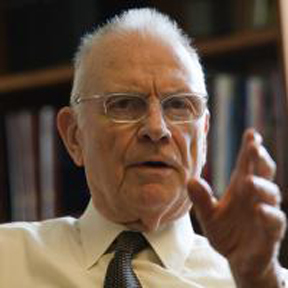
It’s so easy in a presidential election year to forget that our system is not about a single person. This year especially, when the dynamics of the presidential contest have dominated news coverage so thoroughly, the crucial role that citizens play – apart from serving as voters in the presidential drama – isn’t even an afterthought.
Yet effective citizenship is the base on which our representative democracy rests. I believe it’s made up of several elements.
First, a confident belief that change is possible – that the country can indeed make progress over time thanks to the efforts both of ordinary people and of political leaders. Yes, we’ve got miles to go on many fronts, but on the whole, our system is working better for more people than it did a few decades ago.
The people who helped make this happen understood two things: that progress was possible, and that it required their efforts. Those who were most effective had an impact because they had the skills to make a difference.
I’m talking here about the fundamental ability we should all have as citizens to solve problems in a representative democracy. This means knowing how to work together with all kinds of people, being able to find common ground, building consensus, and communicating ideas effectively.
I use the word “skills,” but in the end, good citizenship is as much about temperament as it is about ability. Mutual respect, tolerance, empathy, civility, humility, honesty, resolve – these are the simple virtues that our nation depends on in its citizens.
So is a willingness to step up to challenges. The people who make a difference in our system are the ones who not only identify a problem, but then plunge into fixing it.
There’s a final quality that makes for effective citizenship, and it’s a tough one: mostly, we’re not going to solve our challenges in a single generation. So we have to educate our children and those who come after us in the skill sets I’ve been talking about.
That’s because all of us – you, me, and our fellow citizens – are responsible for the future of our neighborhoods and our nation. Unless we all shoulder the obligation to learn the skills we need to shepherd it into the future, and then teach those skills to others, our country and our system will struggle.
Lee Hamilton is a Senior Advisor for the Indiana University Center on Representative Government; a Distinguished Scholar, IU School of Global and International Studies; and a Professor of Practice, IU School of Public and Environmental Affairs. He was a member of the U.S. House of Representatives for 34 years.
Lee H. Hamilton






